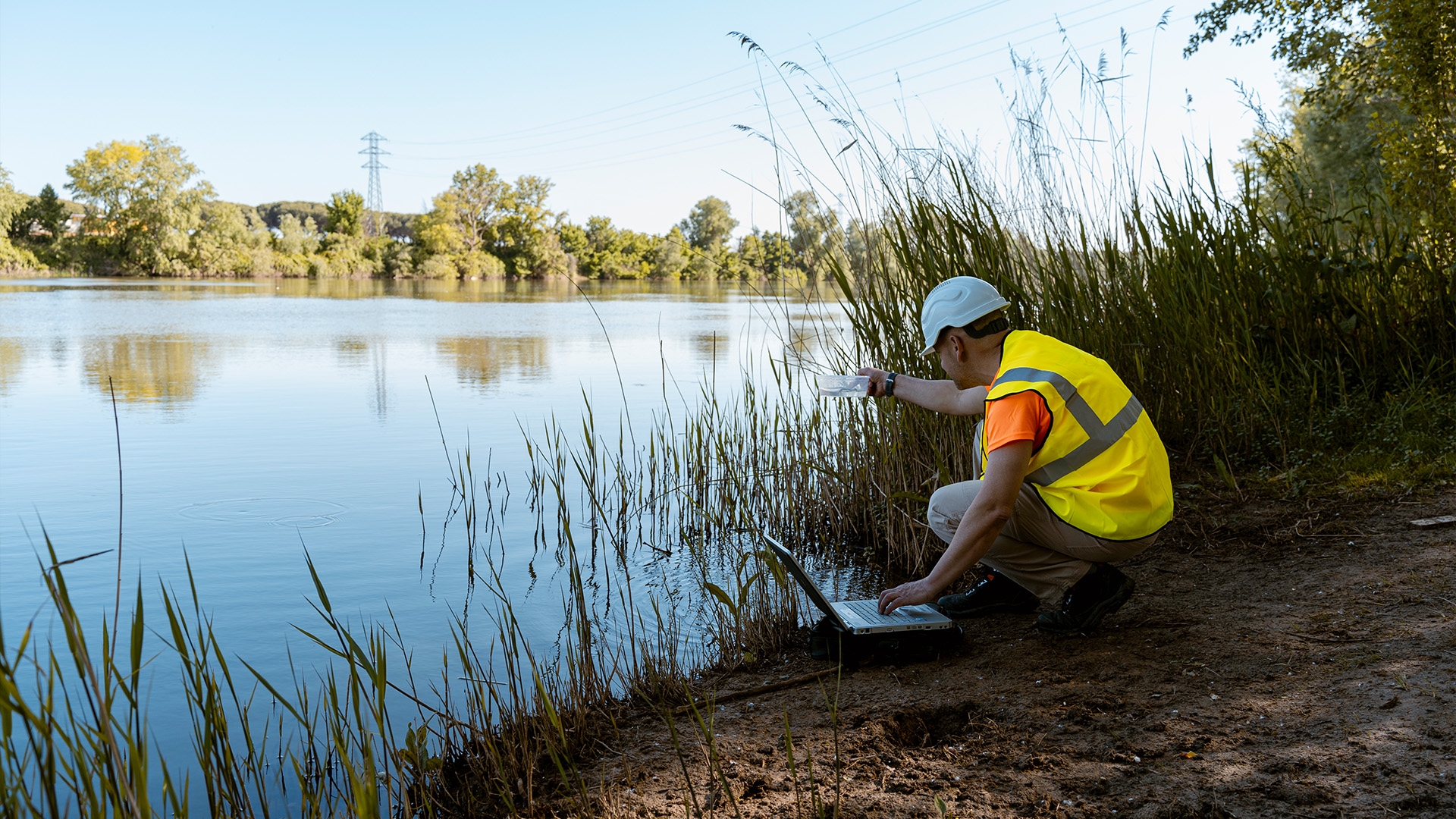Indigenous Resource Management
Overview
This new interdisciplinary diploma program will provide a combination of traditional Indigenous resource knowledge and stewardship practices and conventional land resource practices, preparing graduates to work in Indigenous land use planning.
This new program builds Assiniboine strengths in Land and Water Management. Partnership with Indigenous communities will be a highlight and a key feature of the program. It responds to the need for graduates with skills in environmental monitoring and management in a holistic context, including community knowledges as a base of understanding and connection. The program will provide high quality programming in environmental resource management. Students will develop hands on skills in monitoring and evaluating the quality of natural resources and in planning and managing activities for traditional territories.
A strong Indigenous knowledge component separates this program from many Natural Resources Management diploma programs in Canada. As such, it will appeal to Indigenous students, and any others interested in this occupational area, delivered through a unique interdisciplinary approach.
The Indigenous Resource Management program is currently in development and subject to final approval. Sign up for our interest list to receive more information as soon as it's available!
Program Learning Outcomes
- Synthesize knowledge of aquatic and terrestrial ecosystems and ecological principles and apply this to the protection, management and effective utilization of fish and wildlife resources.
- Interpret and apply current and emerging regulations, standards and policies to support and guide fish and wildlife planning and management practices.
- Safely maintain and supervise the calibration, operation, and troubleshooting of a range of equipment and machinery in compliance with safety and operating standards, ensuring optimum health and safety of self, team members and the environment
- Contribute to community-based research and development projects, with community or industry partners, to produce ecosystem-based management plans and strategies.
- Demonstrate the achievement of skills, knowledge and attributes to the level required by industry standards, government regulations, and Indigenous community advice
- Articulate and incorporate the principles of quality assurance/quality control and personal integrity in the collection, sampling, analysis and interpretation of field/lab data, operation and use of tools and equipment, and other related activities.
- Apply the skills and knowledge acquired in a culturally sensitive manner, bridging contemporary thought and livelihoods with traditional ways of knowing and seeing
- Manage community natural resources including land and water.
Careers & Connections
Career Opportunities
Natural Resource Management involves balancing human needs and pressures reflected through industries such as tourism, agriculture, forestry, mining, oil and gas, and urban development with the conservation and preservation of natural resources and the flora/fauna and other living organisms within them.
Graduates of Indigenous resources programs may be employed in First Nations communities, the public (federal, provincial, municipal, education, parks, conservation districts) and private (consulting firms, industry, NGOs, not-for-profit) sectors, in a number of different roles. These may include the following:
- Integrating socio-economic, cultural and environmental factors to support and evaluate ecological health, thereby enabling sustainable development;
- Strategic planning, development, implementation and application of environmental practices and policies;
- Integrated land use planning and sustainable planning related to the flora and fauna of a traditional territory;
- Work with freshwater and/or marine aquatic systems;
- Protecting ecosystems and conserving their resources;
- Planning and managing territory economic development, including eco-tourism, public education and the establishment and maintenance of infrastructure;
- Being involved in the regulatory compliance of the use of natural resources and reserves; and
- Developing public and Indigenous engagement to incorporate cultural and social needs and concerns.
Connections
Assiniboine has a number of agreements with other colleges, universities and professional organizations, making it possible to apply credit taken at Assiniboine to programs at other institutions. For information on agreements, see Articulation Agreements.


